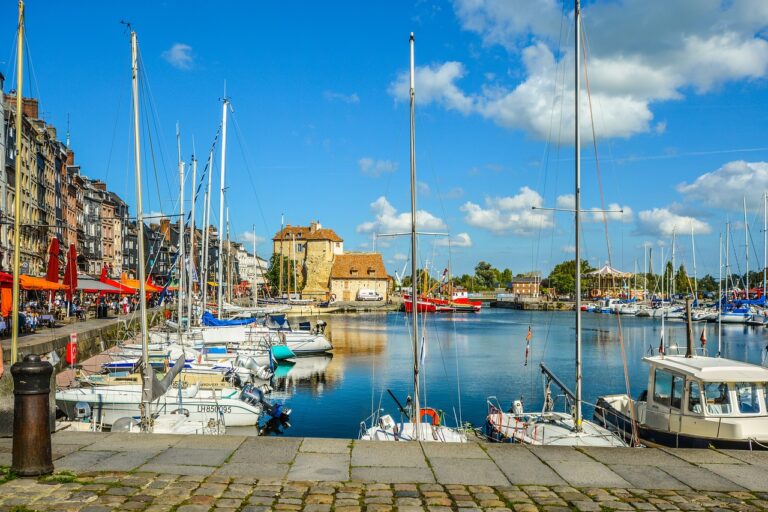Eco-Friendly Outdoor Lighting Solutions: Illuminating Campsites Responsibly
Energy-efficient outdoor lighting is crucial for reducing energy consumption and minimizing environmental impact. One popular option is LED lights, which use significantly less energy than traditional incandescent bulbs while providing bright and focused illumination. These lights come in various designs, from string lights for decorative purposes to floodlights for security and safety.
Another energy-efficient outdoor lighting option is solar lights, which harness the power of the sun to provide illumination without drawing from the electrical grid. These lights are ideal for remote areas without access to electricity, such as campsites or hiking trails. Solar lights are easy to install and require minimal maintenance, making them a convenient and eco-friendly choice for outdoor lighting needs.
Benefits of Using Solar-Powered Lights in Campsites
Using solar-powered lights in campsites offers campers a sustainable and environmentally friendly lighting solution. By harnessing the power of the sun during the day, these lights can illuminate the campsite at night without the need for electricity or batteries. This not only reduces the campsite’s carbon footprint but also eliminates the hassle of constantly replacing batteries or fuel for traditional lighting sources.
In addition to being eco-friendly, solar-powered lights also provide campers with the convenience of easily adjustable and portable lighting options. These lights can be placed strategically around the campsite to provide ample illumination for activities such as cooking, reading, or simply enjoying the outdoors after dark. With no wiring or electrical outlets required, solar-powered lights offer a hassle-free lighting solution that enhances the overall camping experience.
– Solar-powered lights offer a sustainable and environmentally friendly lighting solution
– Eliminates the need for electricity or batteries
– Reduces carbon footprint of the campsite
– No hassle of constantly replacing batteries or fuel for traditional lighting sources
– Provides easily adjustable and portable lighting options for campers
– Can be strategically placed around the campsite for various activities
– Enhances camping experience by providing ample illumination after dark
– No wiring or electrical outlets required, making it hassle-free to use
Tips for Minimizing Light Pollution in Natural Areas
Investing in shielded and directional lighting fixtures can significantly reduce light pollution in natural areas. By ensuring that the light is directed downwards and not scattered, you can minimize the impact on the surrounding environment. Additionally, using warm-colored LEDs instead of bright white lights can help create a more natural ambiance while still providing ample illumination.
Implementing light timers and motion sensors can further help in reducing light pollution. By only activating the outdoor lights when needed, you can prevent unnecessary light spillage into the night sky and surrounding habitats. This simple step not only conserves energy but also promotes a more sustainable approach to outdoor lighting in natural areas.
What are some examples of energy-efficient outdoor lighting options?
Some examples of energy-efficient outdoor lighting options include LED lights, solar-powered lights, and motion sensor lights.
How can solar-powered lights benefit campsites?
Solar-powered lights are a great option for campsites because they do not require electricity and can be charged by the sun during the day, providing illumination at night without contributing to light pollution.
What are some tips for minimizing light pollution in natural areas?
Some tips for minimizing light pollution in natural areas include using shielded fixtures, installing timers or motion sensors on lights, and using low-intensity bulbs.
How can individuals contribute to reducing light pollution in natural areas?
Individuals can contribute to reducing light pollution in natural areas by being mindful of the type and amount of outdoor lighting they use, turning off unnecessary lights, and advocating for light pollution reduction measures in their communities.
Why is it important to minimize light pollution in natural areas?
Minimizing light pollution in natural areas is important because it can disrupt wildlife behavior, affect human health, and hinder the ability to observe stars and other celestial bodies.





